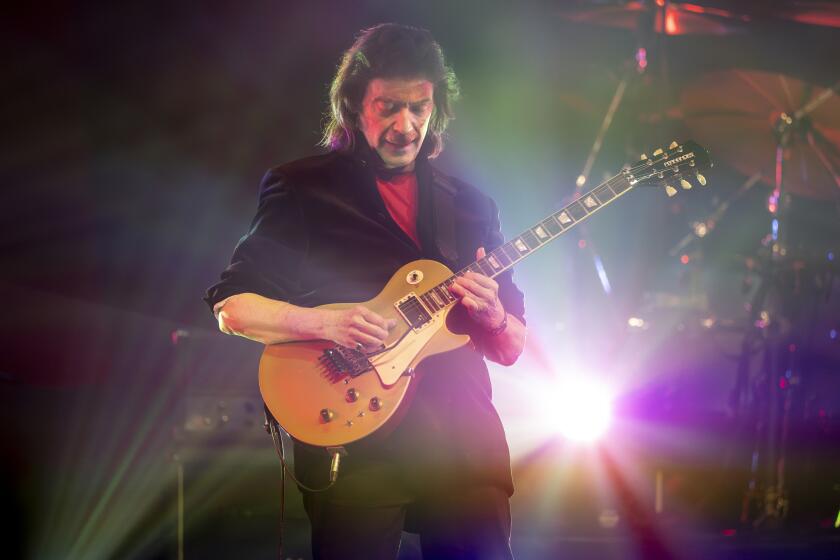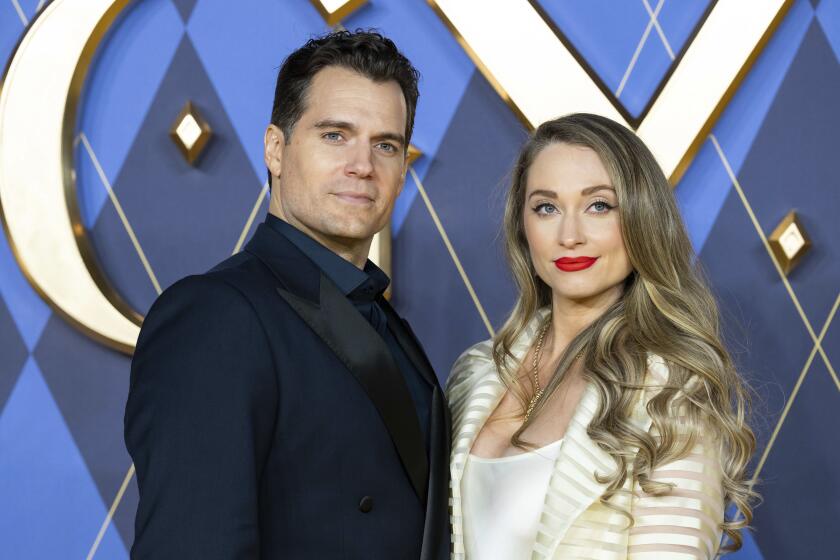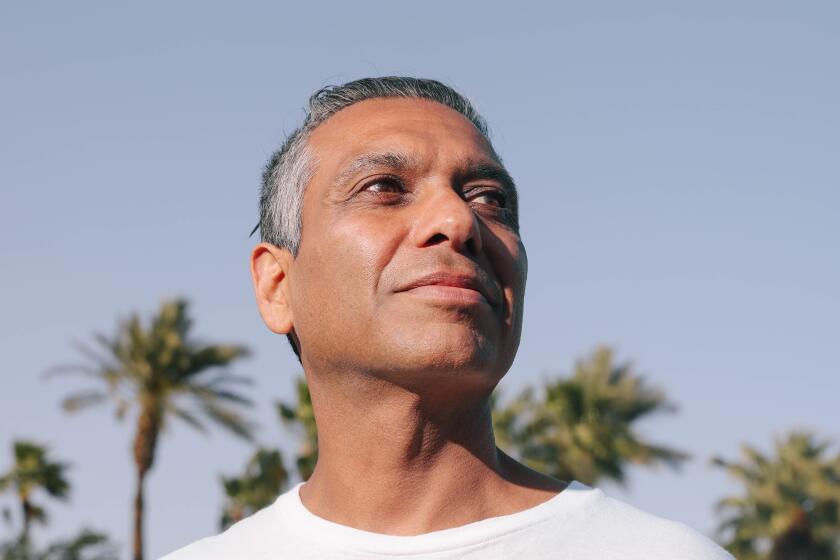Critic’s Pick: Claudio Abbado on disc
When Claudio Abbado, the revered Italian conductor who died Monday, turned 80 last summer, record companies celebrated with several super-sized box sets of his recordings and videos. It’s not hard to find discs with which to spend the weekend remembering one of the greats.
Abbado’s career was a grand one, fairly well documented. He headed and/or recorded with the Vienna Philharmonic and Berlin Philharmonic, with the London Symphony and Chicago Symphony, with the Vienna State Opera and La Scala. His interpretations of the 19th-century masters – Beethoven, Brahms, Schumann, Mendelssohn, Bruckner, Mahler, Verdi, Rossini – are exquisitely accomplished. Abbado was a polisher and took no note for granted.
But sometimes his mid-career recordings can sound almost too reliable. It’s the vibrant early and the masterly moving late performances that really shine, as well as the more offbeat.
CRITICS’ PICKS: What to watch, where to go, what to eat
For the feisty early Abbado, turn to his work with the Chicago Symphony in the 1980s and absolutely anything he recorded with Martha Argerich. Her Argentine spontaneity and his Milanese elegance both had Latin roots and proved spectacularly complementary.
Abbado’s other great pianist partner was Maurizio Pollini. Their recordings of Beethoven and Brahms concertos are refined classics. But they were also pals in adventure. An overlooked DVD is Bettina Ehrhardt’s documentary, “A Trail on the Water,” devoted to Abbado’s and Pollini’s friendship with the avant-garde Italian composer Luigi Nono. The Pollini and Abbado recordings of Nono’s works also remain astonishing.
Far too little exists on video of Abbado’s glorious opera performances in Milan and Vienna. But there are DVDs of politically astute Jean-Pierre Ponnelle-directed productions, Rossini’s “The Italian Girl in Algiers” and “The Barber of Seville.” The best from Vienna are intense versions of Berg’s “Wozzeck” and Strauss’ “Elektra.”
Abbado’s late recordings (from 2000, when he was diagnosed with stomach cancer and had much of his digestive tract removed) to 2012 are extraordinary. His Mahler is detailed and pointed. His recordings of Mozart’s “Magic Flute,” Beethoven’s “Fidelio” and Verdi’s “Falstaff” are close to perfection.
In the 2001 “Falstaff,” by the way, Nannetta is sung by a shining emerging German soprano, Dorothea Röschmann, fresh from studying at USC. It so happens she returns to the Southland on Monday night now a star, singing the title role of Handel’s “Theodora” with the English Concert at the Renée and Henry Segerstrom Concert Hall in Costa Mesa.
One of Abbado’s proud last projects was founding Orchestra Mozart, composed of Italy’s liveliest young musicians. No better proof that the conductor’s spirit lives on and that, even in sadness, yours may soar, is to visit his recordings with this band. In Bach’s “Brandenburg” Concertos and several Mozart symphonies and concertos, Abbado, who took a late interest in early performing practice, discovered a whole new process for retaining the absolute freshness of overplayed music.
ALSO:
Claudio Abbado, greatness beyond just a career
More to Read
The biggest entertainment stories
Get our big stories about Hollywood, film, television, music, arts, culture and more right in your inbox as soon as they publish.
You may occasionally receive promotional content from the Los Angeles Times.







